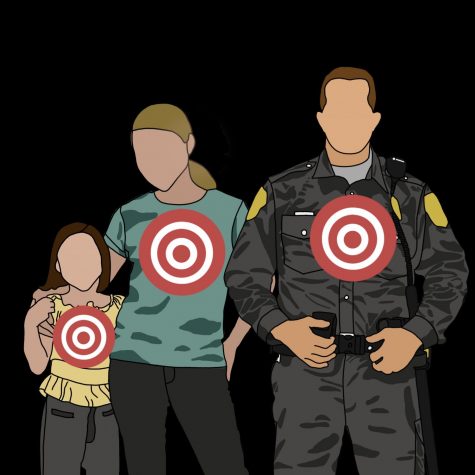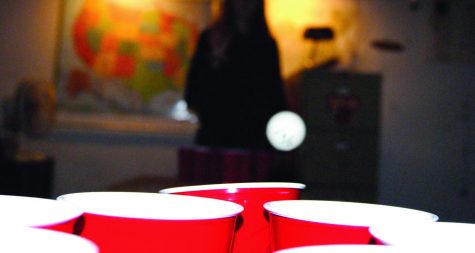Sorting Through the Endless Stream of News
Informational news is plentiful and is coming from every angle imaginable, but now the challenge is to find the right source.
Throughout the COVID-19 pandemic it feels like everyday there is a new story to be told, sorting through the biased media can become a difficult task for some.
Seven months ago, the process of quarantining the spread of COVID-19 began. With the isolation of germs came the isolation of opinions, thoughts and sharing perspectives as well. News became one of the only ways to stay connected with the world outside of one’s home. An endless supply of updates and events to sort through left some without a place to begin. Forming a personalized opinion off of those findings may not make it easier. Being overwhelmed by the amount of information that is broadcasted at all hours of the day is one battle, but finding a valid source with no personal or political motive is another task altogether.
Prior to being isolated due to COVID-19, news was just as important. The extent to which one would go to ensure their opinion is educated has become more prevalent in today’s world. The process of fact-checking sources and peeling back the layers of bias that make a story diluted can be said to be more rigorous as well.
“I look at something on the news, then I go and I search for websites and YouTube videos to try and find other sources that either make it more or less credible,” junior Joaquin Barba said. “I do not think there is actually more news, because there has always been news. It just seems as if everyone’s more focused on it now.”
Hunting down the different perspectives of the same story is a task that can grant one the ability to form a solid viewpoint, instead of only gathering bits and pieces of an event. The opinion formed out of this rigorous research allows for productive discussions and debates between peers. The process of researching an event and cross-referencing with other sources to eliminate bias is a lengthy affair that not all people can complete to a full extent. Those that do their research can be left feeling overwhelmed and lost.
“Ignorance is bliss and it is just sad to see the truth of what is actually going on,” Barba said. “We were just thrown into the news deep end.”
Knowing what to do with the piles of information at one’s fingertips is not easy, especially when the events having to be researched are usually not uplifting or motivating. Getting stuck in a cycle of pitying the world and its faults is not a productive means of educating oneself. Learning about the current sorrowful environment can be depressing, but it also brings forth a climate of change and growth that is needed. Inspiring people to do something about what is happening can allow one to feel more in control, even if it is only a small act of spreading a message through social media.
A difficulty people are being faced with today is the blessing and curse of news being spread through social media. The feed of information, opinions and interpretations of events are all put through a lens to fit one’s own self interest. It may be more difficult for one to dismiss a discredited source that supports their beliefs and values.
“I think it is extremely difficult to find anything that is centrist because information is sensationalized now and there is not a lot of the whole truth being told,” AP research teacher Kelly Taylor said. “The way that information is spread and formatted, everything looks like news.”
The public image of a story sometimes is enough to gain credibility in the eyes of the public. When something looks official it can be easy to latch onto it as a sole source of information regarding a subject. However, no matter how sophisticated the presentation of information may seem, there may be hidden motivators for addressing a situation in a particular way.
“There are things that people will say about the Coronavirus and then it turns out what they said was all fake,” freshman Brooke Devience said. “I think the biggest question right now is ‘where did you get that?’”
The plague of fake news is spreading quickly. Sometimes the phrase is being utilized as a weapon to discredit a story that does not support one’s beliefs and other times it is a true statement. The issue of fake news leads to an argument regarding the difference in interpretation of words or statistics. Arguing with semantics may not always lead to a solution. The fact checking strategies taught at Antioch Community High School may help narrow down sources that offer the least amount of bias.
“[Students are] looking at anything that is peer reviewed or has already been vetted right by other professionals or by other researchers,” Taylor said.
The process of searching through academic journals is effective, but can be time consuming.
“They are reading really erudite academic research journals that the average consumer of information is not going to spend the time scouring,” Taylor said.
It may seem as if the search for information is hopeless in the end. The process of finding an unbiased source and cross-referencing it with another unbiased source is tasking, but it is this process that educates one enough to converse in a productive manner. The stream of news has become a flood, so it is difficult to avoid frustration. Taking a step back to see the big picture is the first step to navigating one’s way through the storm of information. It takes time to gain insight on quality news but stories with that caliber of quality may be worth spending some time searching for.
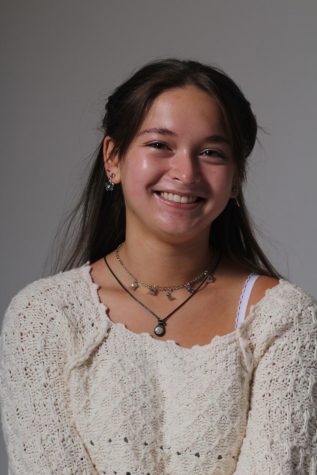
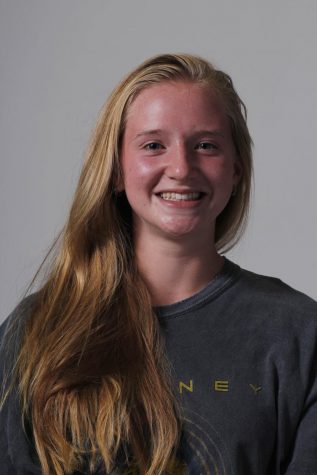

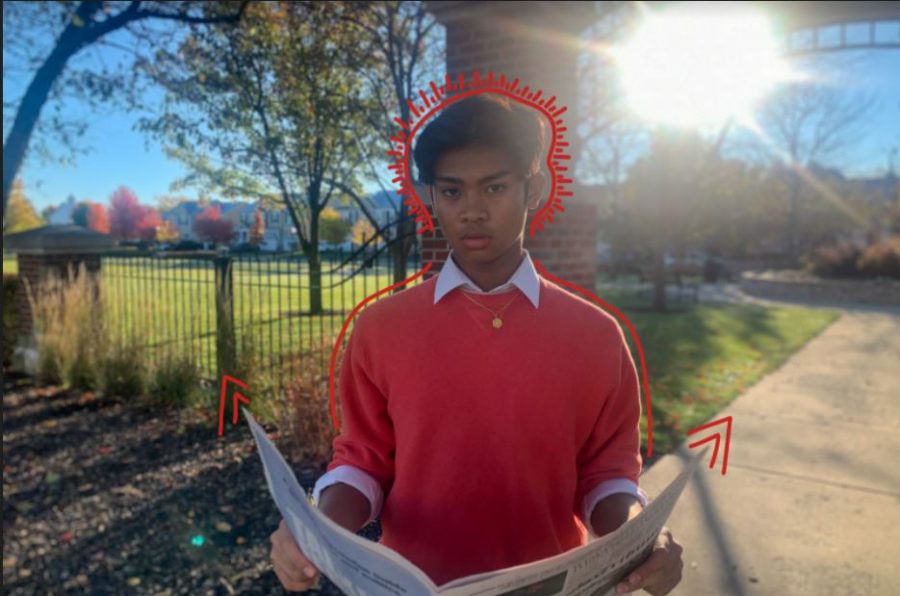

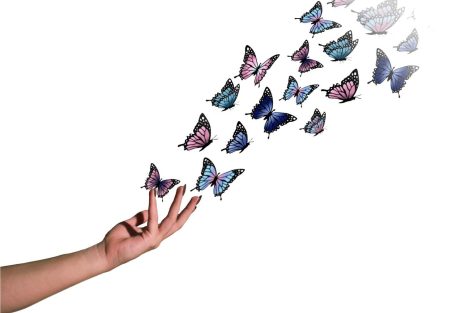

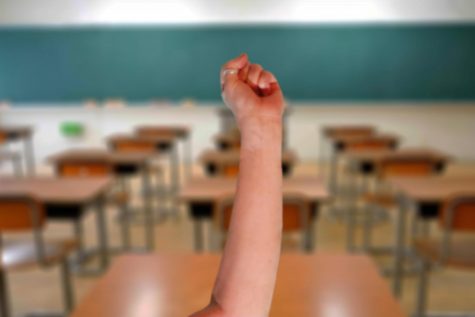
![The Black Lives Matter movement has become a growing trend in recent years. Everything people post on Instagram and everything [related to] politics is a trend now sophomore Kelsey Aviles said. Despite how serious of a topic it is, some individuals post about BLM specifically because it is trendy.](https://www.sequoitmedia.com/wp-content/uploads/2020/12/Untitled-Artwork-3-475x168.jpg)

